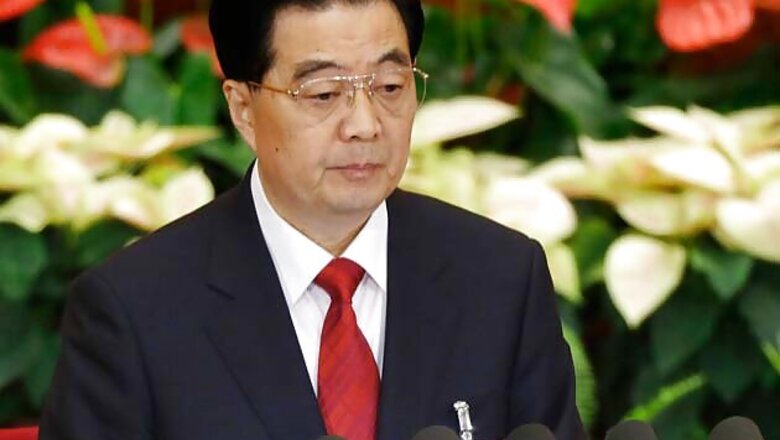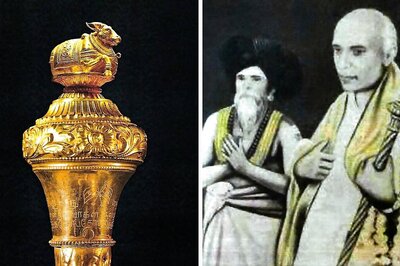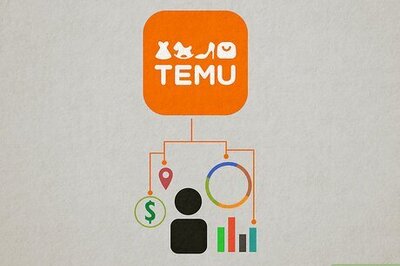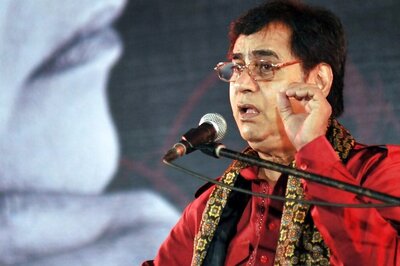
views
Next month Chinese President Hu Jintao and most of the Communist Party leadership will begin to hand over power to younger colleagues in a once-a-decade political transition. Over the coming months, scores of leaders across the party, the government and the military will be replaced in a painstakingly choreographed and at times divisive change-over at the top of the world's second-largest economy, which is growing in diplomatic and military strength.
Why does the change matter for the world?
China's politics are secretive, so policy-making seems like a black box. It doesn't help that Chinese leaders, unlike Western politicians, tend to be reserved in public, giving them a bland sameness. Still, who runs China matters. China has been a global success story, with its rapid growth lifting hundreds of millions out of poverty and buoying the world economy. But its juggernaut economy of the past two decades is flagging just as a new middle class and tens of millions of rural migrants expect a better life. Beijing is also engaged in tense territorial disputes with Japan and other neighbors and is often at odds with the US and other established powers over issues as diverse as Syria's civil war and climate change. China is looking for leadership.
Will the new leaders embark on meaningful change?
It's hard to say, given the closed-door world of Chinese politics. Ordinary Chinese are just as much in the dark about new policies as the rest of the world. An educated guess is that any change will come slowly. China is ruled by a collective leadership whose members decide policy by consensus. Policy changes tend to come in small, incremental steps rather than sharp swings. The current political transition, for example, is well-planned, with two of the new younger leaders having been inducted into the current leadership five years ago.
Who are the new leaders?
Though nothing has been formally announced, Vice President Xi Jinping will become party general secretary after the National Party Congress that opens on November 8. Vice Premier Li Keqiang is expected to be named premier, the government head with chief responsibility for the economy. Xi and Li have been shoo-ins for the jobs since they became the youngest members of the current leadership in 2007. Beyond that, the leadership roster gets murky. There are at least five other spots on the top decision-making body, the Politburo Standing Committee. The candidates to fill them have been the subject of hard bargaining among the departing leader, President Hu Jintao, powerful retired party elders and influential figures in the military and other interest groups.
What do we know about the new leaders?
Xi, 59, and Li, 57, come from very different backgrounds. Xi is a member of the red nobility; his father was a founding figure in the communist revolution. Li is from a family of mid-level officials. They share formative experiences. Both labored in the countryside when Mao Zedong's radical policies shut down schools. Their university and professional lives have been spent entirely in the era for market reforms, a time of relative prosperity and interaction with the rest of the world. Little is known about their policy preferences. Political patronage and meeting goals set by Beijing count for more than individual initiative in Chinese politics. Xi's patron is former President Jiang Zemin, while Li's is current President Hu. Putting them together is meant to balance out competing interest groups within the party.
Do they get along?
The two have worked together in the current leadership, but bare-knuckled infighting is common, especially this year. Rising political star Bo Xilai, who ran the metropolis of Chongqing, was purged after a longtime aide exposed that Bo's wife murdered a British businessman over a business dispute. Bo is under investigation for crimes linked to the slaying, corruption and other wrongdoing. But his real transgression may have been his naked ambition to join the new leadership. His downfall divided party powerbrokers, and deciding his fate complicated negotiations over the new leadership lineup.
What will really change?
The incoming leaders face big issues, including rampant corruption, strained US relations and a yawning income gap between the rich and the rest. While the system works against fast decisions, personalities do matter. President Hu is often described as reserved to an extreme, and he has had difficulty forging relations with foreign leaders. Xi is described by American officials as comfortable and self-confident, and Li speaks English fluently enough to chat with visiting dignitaries without a translator. The style of leadership may change even if the substance does not.



















Comments
0 comment